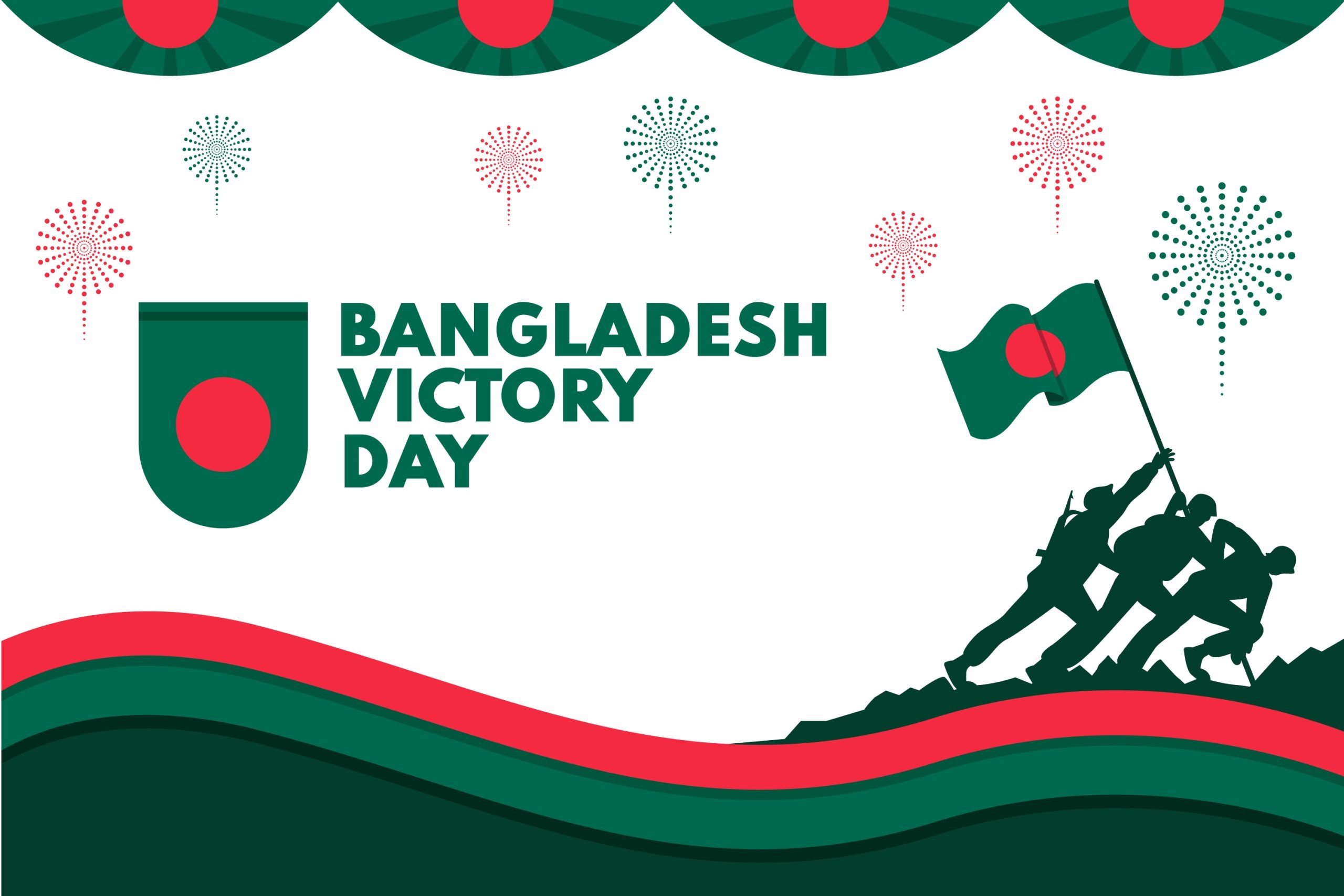- As the eastern nation of Bangladesh celebrates fifty years of liberation from the clutches of Pakistan leading to its creation, reflecting on the birth of a nation under challenging situations will throw certain lights and characteristics which are considered relevant even now. As you are aware, the present-day clashes between nations may be classified as modern warfare heavily reliant on mind-boggling technology-driven innovations. But cannot take away the basic tenet of conventional military operations solely based on clarity of purpose to go ahead with the war. The universe is witness to several botched attempts at warfare resulting in humongous disasters for humanity at large while lacking the conviction to press ahead with the march.

PC: freepik
- Looking back, a couple of instances involving the superpower viz. The United States of America spectacularly failing to capitalize while invading Iraq and its awfully executed withdrawal from Afghanistan leaving millions in tatters holds a significant lesson on how not to wage a war. Against this backdrop, the 1971 War leading to the creation of Bangladesh also showed what clarity of purpose could achieve. Fifty years ago, Lt Gen AAK Niazi, Commander of Pakistan Eastern Command, signed an instrument of surrender in Dhaka in the presence of the Indian Army’s Let Gen JS Aurora.
- It was a monumental milestone that will be ever etched in the history of the Indian military for the way the task was achieved with precision and planning. Also, the victory laid to rest ghosts of the preceding decades as the two-nation theory was demolished and the stain of the 1962 debacle against China made less painful. Nonetheless, to view 1971 in purely military terms is to undervalue the moment. Make no mistake, it represented a fusion of resolute national will and moral clarity. In that sense, 1971 is a touchstone without an iota of doubt. Delving back in history, it is underappreciated in the run-up to the war as to how the political and economic challenges of the 1960s played out.

PC: kjpargeter
- Successive droughts had forced India to rely on concessional US food imports. The strategic implications showed up when a critical statement on America’s Vietnam involvement led to delayed shipments. Further, the forex shortage that led to the June 1966 rupee devaluation was politically contentious too. As such, it was no mean task to bring together multiple strands to provide the wherewithal to simultaneously cope with a humanitarian crisis following Pakistan’s brutal crackdown from March 1971 and provide the cushion to fight the war that followed in December.
- Undoubtedly, it was a stellar achievement of the political and military leadership. Note that the swift advance by the Army to Dhaka, just 13 days after PAF’s air strikes signalled the start of the war, was possible because of the roles played by the IAF and the Navy. Again, the clarity of purpose at play was quite evident. It’s worth mentioning that Bangladesh today is a rising star among emerging economies and a steadfast partner of India. No wonder, 1971 encapsulated India’s potential to be a positive force, and it remains the high point of our national journey so far. As such, the lessons of 1971 still hold good for all their worth.






